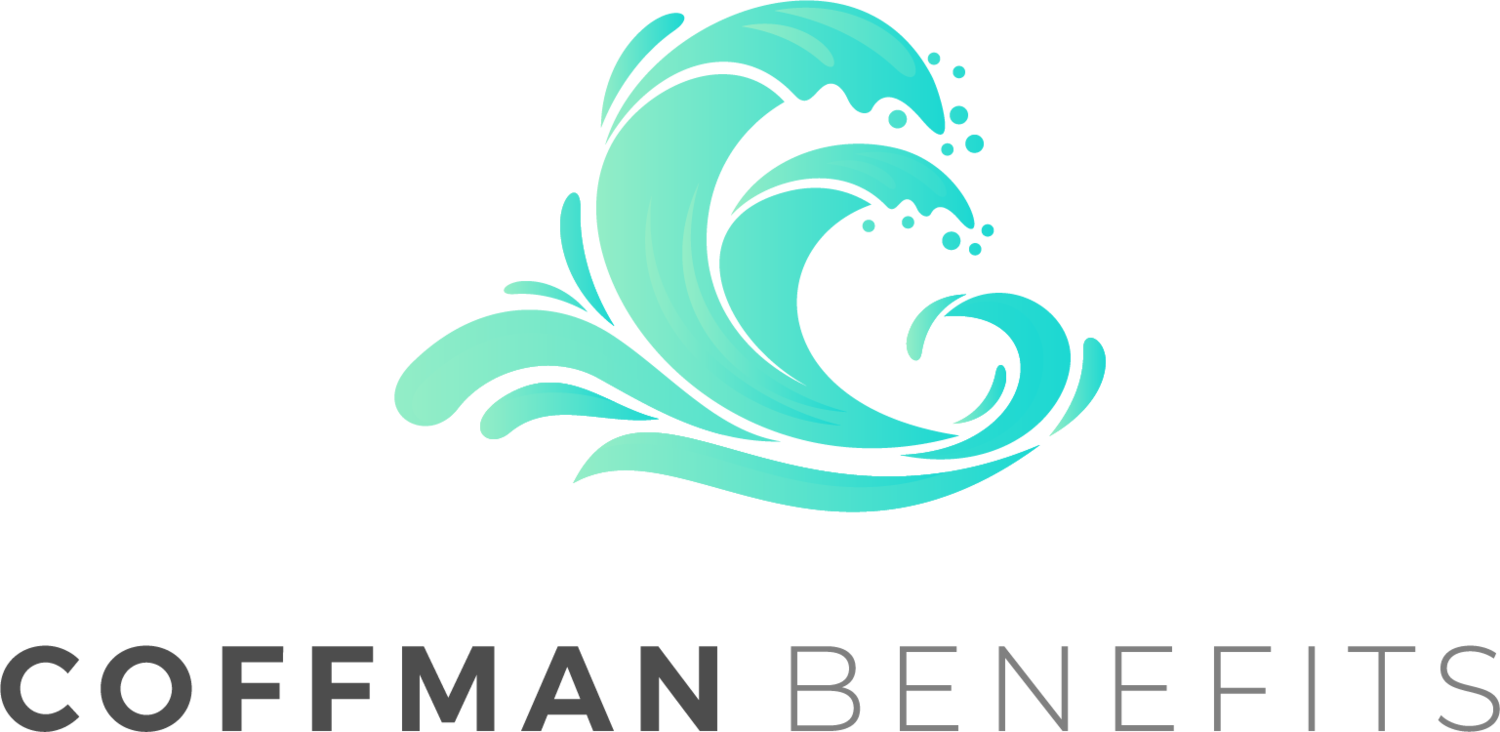Eligible individuals with self-only HDHP coverage will be able to contribute $3,850 to their HSAs for 2023, up from $3,650 for 2022. Eligible individuals with family HDHP coverage will be able to contribute $7,750 to their HSAs for 2023, up from $7,300 for 2022. Individuals age 55 or older may make an additional $1,000 “catch-up” contribution to their HSAs.
IRS Proposes Change to Family Coverage Affordability Rules
Coverage would be affordable for family members if the employee’s required contribution for family coverage does not exceed 9.5% of household income.
The proposed rule addresses eligibility for the premium tax credit, which is available for Exchange health coverage.
The rule would provide that affordability of employer-sponsored coverage for family members is determined based on the cost of family coverage.
This rule is in proposed form and will not take effect unless and until it is finalized.
On April 5, 2022, the IRS released a proposed rule that would change the existing rules for eligibility for the premium tax credit (PTC). The PTC is available to eligible individuals who purchase health insurance coverage through the Exchange. Individuals who have access to affordable, minimum value employer-sponsored coverage are not eligible for the PTC.
Overview of the Proposed Change
Currently, whether employer-sponsored coverage is considered affordable for family members is determined based on the lowest-cost self-only coverage available to the employee. The cost of family coverage is not currently taken into account. These rules apply for determining an individual’s eligibility for the PTC, and have also been specifically incorporated for use in determining affordability for purposes of the employer shared responsibility rules.
The proposed rule would provide that an employer-sponsored plan is affordable for family members if the portion of the annual premium the employee must pay for family coverage (the employee’s required contribution) does not exceed 9.5% (as adjusted annually) of household income. For this purpose, family coverage means all employer plans that cover any related individual other than the employee. The proposed rule would also add a minimum value rule for family members based on the benefits provided to the family members.
Impact of the Proposed Rule
If this rule is finalized, the change would likely mean that more individuals will be newly eligible for a premium tax credit for coverage purchased through the Exchange. The proposal would not affect affordability for employees. Employees would continue to have an offer of affordable employer coverage if the employee's required contribution for self-only coverage does not exceed 9.5% (as adjusted) of household income. Therefore, an employee’s family member may have an offer of employer coverage that is unaffordable even though the employee has an affordable offer of self-only coverage.
IRS Guidance on Tax Credits for Employee Leave Under the FFCRA
IRS Issues Guidance on American Rescue Plan’s COBRA Subsidy
On May 18, 2021, the IRS issued Notice 2021-31, a guidance document on the American Rescue Plan Act (ARPA) subsidy for continuation health coverage under the Consolidated Omnibus Budget Reconciliation Act of 1985 (COBRA). The Notice discusses the background of the subsidy and includes 86 questions and answers (Q&As) about its application.
HSA / HDHP Limits Increase for 2022
On May 10, 2021, the IRS released Revenue Procedure 2021-25 to provide the inflation-adjusted limits for health savings accounts (HSAs) and high deductible health plans (HDHPs) for 2022. The IRS is required to publish these limits by June 1 of each year.

